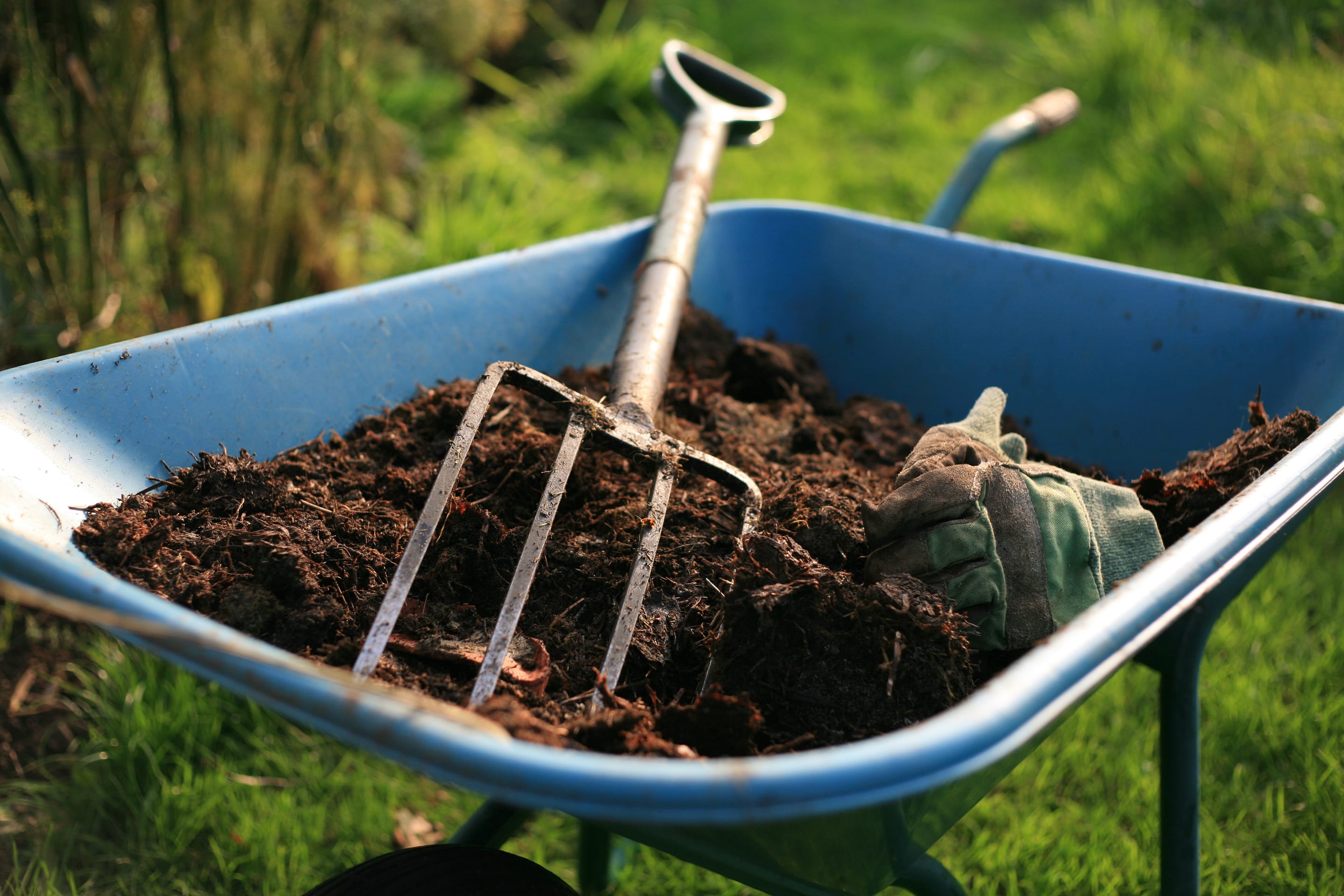
New York Is Sixth State To Legalize Human Composting - Should More Do the Same?
Should more states legalize human composting?
What’s the story?
- New York Gov. Kathy Hochul approved legislation to legalize natural organic reduction — also known as human composting. New York is the sixth state to allow this burial method for the deceased.
- Washington state was the first to legalize human composting in 2019 after Washington State University composted an animal carcass. From there, the new form of burial took off within eco-conscious groups. Colorado and Oregon legalized the process in 2021, followed by Vermont and California in 2022.
Human composting: what, why, and how?
- For many, the appeal of human composting is its eco-friendliness, allowing environmentalists to be stewards of the earth until the end of their days.
- In this form of burial, the deceased is placed into a reusable vessel along with plant materials like wood chips, alfalfa, and straw, which allows naturally occurring microbes to break down the body quickly.
- The process takes several weeks and results in a cubic yard of nutrient-dense soil, equivalent to 36 bags of soil. The soil can be used for land conservation, forests, gardens, and more.
- Many go for this option because of the negative environmental impacts of traditional western burials and funeral homes: the mass amount of materials needed for caskets, the land cleared to create graveyards, the toxic chemicals in embalming fluid that is buried in the ground along with the deceased, and the emissions from land allocation, manufacturing the casket, and maintaining the graveyards.
Arguments for and against human composting
- The New York State Catholic Conference, representing the state’s bishops, disagrees with human composting and has long opposed the bill. The group said the method of burial is “inappropriate.” Dennis Poust, the executive director of the organization, stated:
“A process that is perfectly appropriate for returning vegetable trimmings to the earth is not necessarily appropriate for human bodies. Human bodies are not household waste, and we do not believe that the process meets the standard of reverent treatment of our earthly remains.”
- Katrina Spade, the founder of Recompose, the first full-service human composting company, said the process offers an alternative for people wishing to align their burial with how they lived. Spade noted that it feels like a movement amongst environmentalists. She continued:
“Cremation uses fossil fuels and burial uses a lot of land and has a carbon footprint. For a lot of folks being turned into soil that can be turned into a garden or tree is pretty impactful.”
- Anna Swenson, the outreach manager at Recompose, said that the process isn’t for everyone. She added that it might be especially unsuitable for people with diseases or who have undergone treatment like radiation before passing away. Similarly, Rob Goff, executive director of the Washington State Funeral Directors Association, said a significant roadblock is the public’s opinion of human composting. He said:
“I think the biggest challenge though that we are going to see publicly is the hang up that we are composting human remains or that we are dissolving human remains in water.”
- However, Goff notes that human composting is only growing in popularity. Still, many find it unsettling, irreligious, and immoral.
What do you think? Should more states legalize human composting?
-Jamie Epstein
(Photo credit: iStock/nixoncreative)
The Latest
-
 Changes are almost here!It's almost time for Causes bold new look—and a bigger mission. We’ve reimagined the experience to better connect people with read more...
Changes are almost here!It's almost time for Causes bold new look—and a bigger mission. We’ve reimagined the experience to better connect people with read more... -
 The Long Arc: Taking Action in Times of Change“Change does not roll in on the wheels of inevitability, but comes through continuous struggle.” Martin Luther King Jr. Today in read more... Advocacy
The Long Arc: Taking Action in Times of Change“Change does not roll in on the wheels of inevitability, but comes through continuous struggle.” Martin Luther King Jr. Today in read more... Advocacy -
 Thousands Displaced as Climate Change Fuels Wildfire Catastrophe in Los AngelesIt's been a week of unprecedented destruction in Los Angeles. So far the Palisades, Eaton and other fires have burned 35,000 read more... Environment
Thousands Displaced as Climate Change Fuels Wildfire Catastrophe in Los AngelesIt's been a week of unprecedented destruction in Los Angeles. So far the Palisades, Eaton and other fires have burned 35,000 read more... Environment -
 Puberty, Privacy, and PolicyOn December 11, the Montana Supreme Court temporarily blocked SB99 , a law that sought to ban gender-affirming care for read more... Families
Puberty, Privacy, and PolicyOn December 11, the Montana Supreme Court temporarily blocked SB99 , a law that sought to ban gender-affirming care for read more... Families
 Climate & Consumption
Climate & Consumption
 Health & Hunger
Health & Hunger
 Politics & Policy
Politics & Policy
 Safety & Security
Safety & Security
